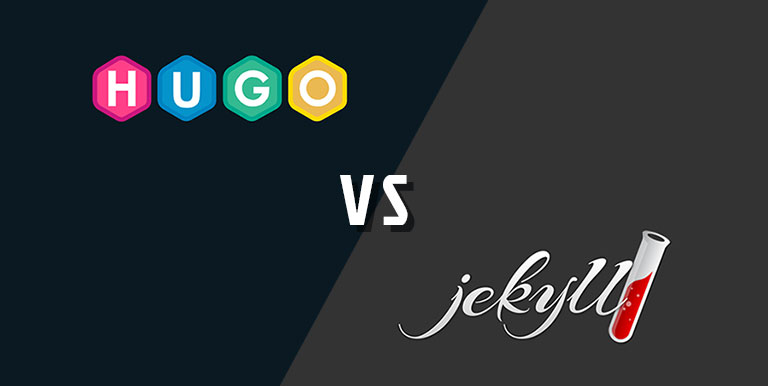Starting a blog might seem like a straightforward task, but there are numerous decisions and challenges to overcome. In my quest to create a blog showcasing my work as a developer, I embarked on a month-long journey filled with hurdles and learning experiences. In this article, I will detail my adventures with Orchard CMS, Azure, Scaleway, and DigitalOcean, ultimately leading me to embrace the KISS (Keep It Simple, Stupid) principle and adopt a different approach.
The Orchard CMS Adventure: Excitement and Challenges

Orchard CMS, an open-source content management system built on ASP.NET MVC, appeared to be the perfect choice for my blog. As a C# developer, I was familiar with the technology stack and eager to dive in. I spent several weeks researching, designing, and implementing my blog using Orchard CMS. While I enjoyed the process and appreciated the platform’s flexibility and extensibility, I soon discovered that the deployment process would present numerous challenges.
Azure Woes: The Costly Cloud Experience

Initially, I chose Azure, Microsoft’s cloud platform, for hosting my Orchard CMS blog. It seemed like a natural fit, given Orchard CMS’s foundation on the Microsoft stack. However, I quickly found that Azure’s pricing model was too expensive for my needs. Despite the platform’s extensive array of features and services, I couldn’t justify the cost for a simple blog. Disappointed, I decided to explore alternative hosting options.
Scaleway Struggles: Affordable Yet Inaccessible

Scaleway, a cloud provider known for affordable pricing, caught my attention next. Excited about cutting costs, I began setting up my blog on a Scaleway container. Regrettably, I encountered SSL issues that prevented secure connections to my container. Despite my dedication and countless hours spent troubleshooting, I couldn’t resolve the problem. Frustrated, I realized it was time to consider another hosting provider.
DigitalOcean Dilemmas: A Developer-Friendly Quagmire

DigitalOcean, a popular cloud provider with a developer-friendly reputation, seemed like an ideal solution. Eager to deploy my Orchard CMS blog on their platform, I faced a new set of challenges. Deployment issues plagued my efforts, and I found myself spending more time fixing problems than focusing on my actual blog content. It was at this point that I began to question my technology stack choice and consider alternatives.
The Static Site Revelation: A Simpler Path

Throughout this journey, I remained committed to learning and adapting to new solutions. When the obstacles of deploying a dynamic CMS-based blog became insurmountable, I reassessed my priorities. My primary goal was to deliver a blog, and I realized that I needed a simpler, more practical approach.
My research led me to the world of static site generators. By generating a static HTML site, I could reduce complexity, improve performance, and streamline deployment. I found myself choosing between two popular static site generators: Jekyll and Hugo. Given my background in C#, I initially leaned toward Hugo, but after considering factors like community support and ease of use, I settled on Jekyll.
The GitHub Pages Triumph: A Free and Elegant Solution

My journey led me to discover GitHub Pages, a free hosting service for static websites. By using Jekyll and hosting my blog on GitHub Pages, I could eliminate hosting costs while enjoying a simplified deployment process. This cost-effective and user-friendly solution aligned perfectly with the KISS principle I had come to embrace.
Conclusion: Learning the Importance of the KISS Principle

My blog creation and deployment odyssey taught me the importance of adaptability, perseverance, and the KISS principle. By pivoting from Orchard CMS to a static site generator, I learned to focus on my ultimate goal: delivering my blog. Through my trials with Azure, Scaleway, and DigitalOcean, I gained valuable experience and a deeper understanding of hosting options. In the end, my dedication to learning and my willingness to change course led me to a solution that met my needs. Now, with a Jekyll-powered blog hosted on GitHub Pages, I can finally share my work and continue my learning journey, as I embrace the artistic and innovative spirit of “TheCodeCat”.